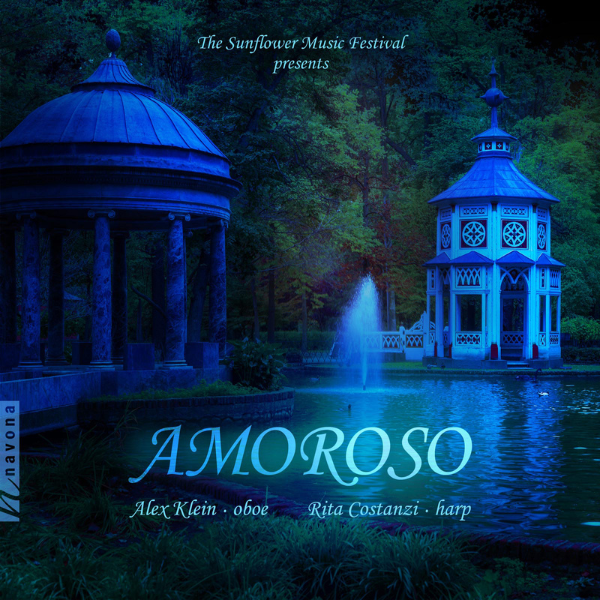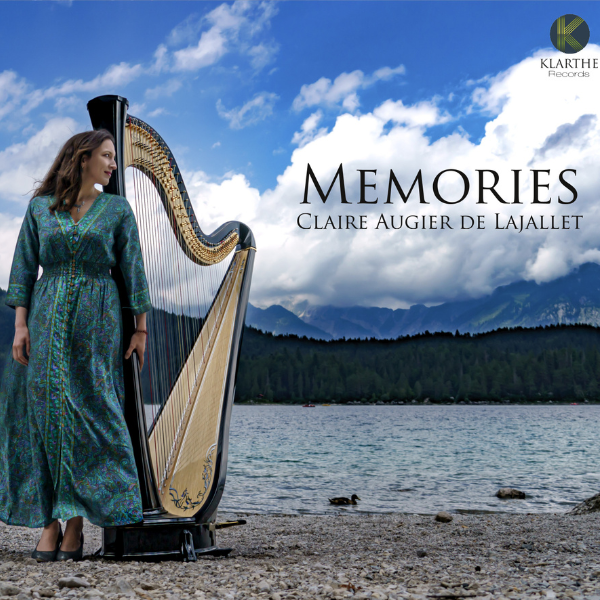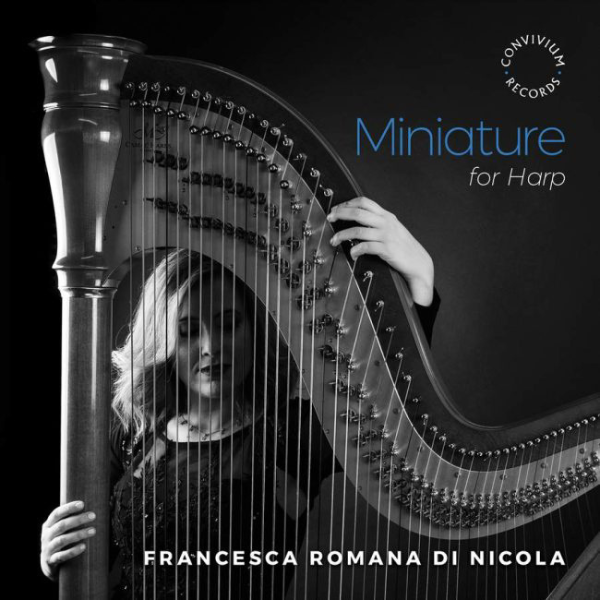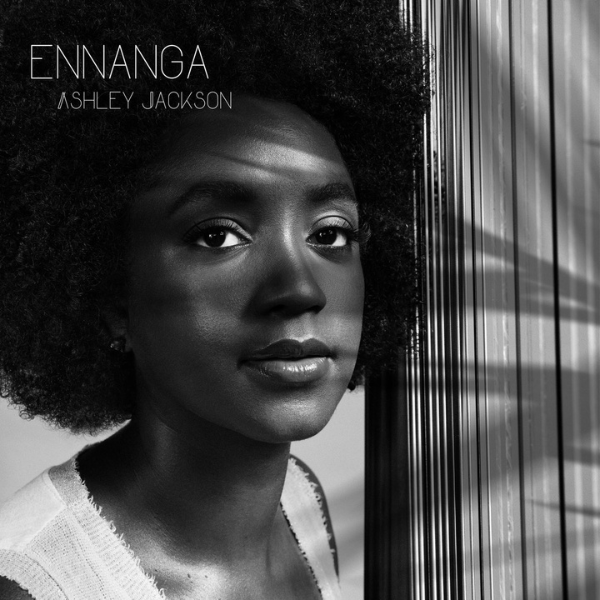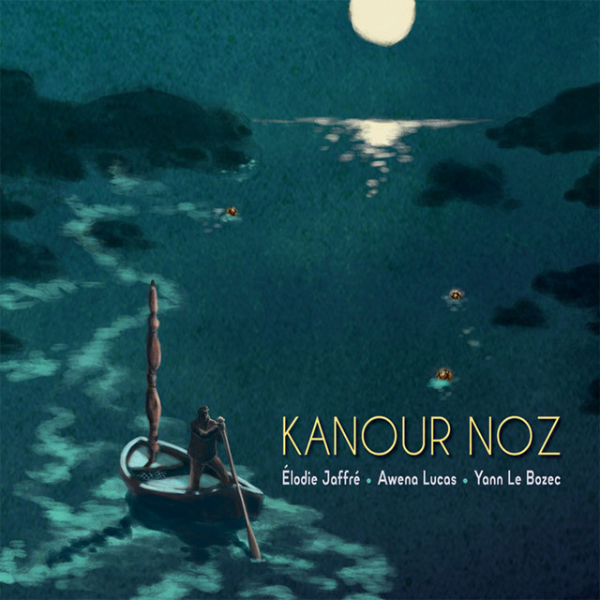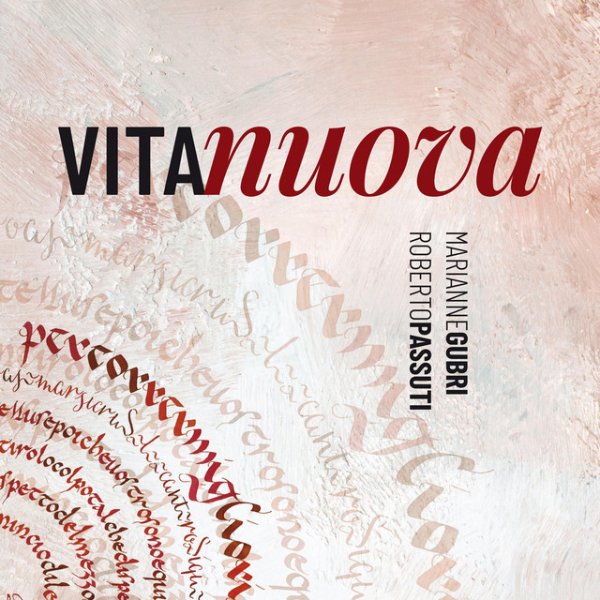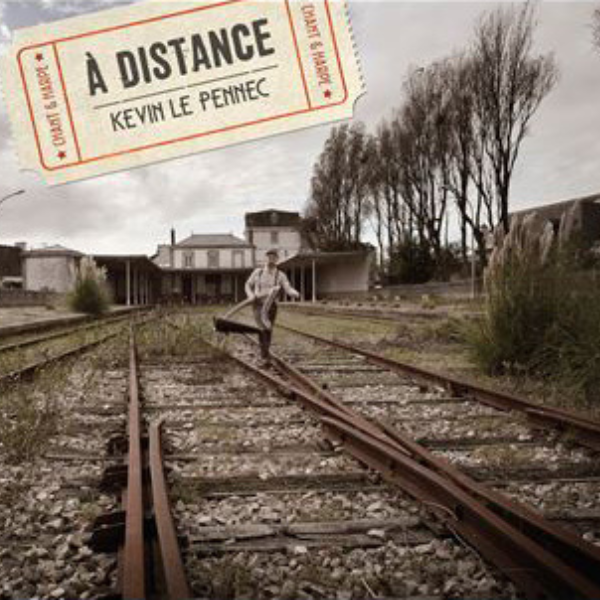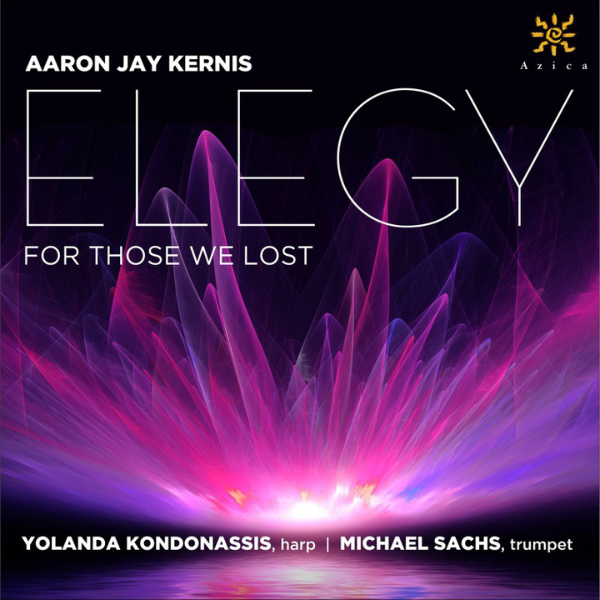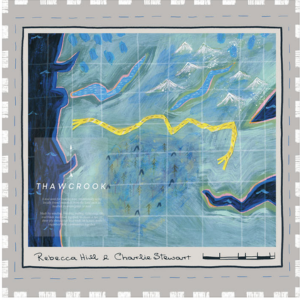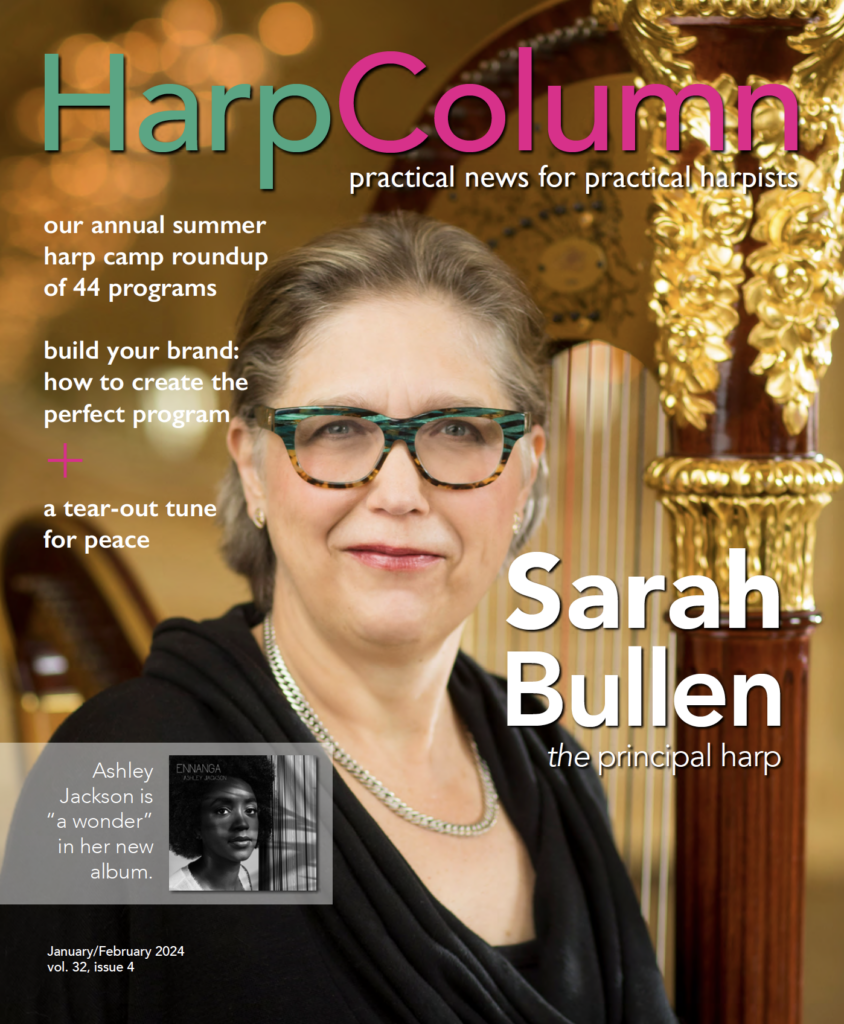
10/10
Emily Granger, harp, and Sally Walker, flute.
Avie Records, 2023.
Two years ago, Australian flutist Sally Walker’s father took his final breath. Only a week before, and out of nowhere, he said, “I should have been a composer!” His daughter didn’t skip a beat asking, “What kind of music would you have composed?” He didn’t answer the question right away, instead it was when he heard her play for the final time a work by Vaughan Williams, he replied, “Something like this.”
Those words inspired a friend, the composer Elena Kats-Chernin, to spontaneously sketch out a tune for flute and harp, and it’s around this resultant work that an album of favorites was born. Something Like This is a beautifully programmed collection of well-known works performed in sumptuous style and ensemble by Walker and harpist Emily Granger.
Along with Kats-Cherwin’s dreamy musical embrace—a deeply emotive and lyrical flight of the soul played with deep reverence and heart—composer Lachlan Skipworth offered another work in memory of Walker’s late father in an arrangement of his delightfully airy Ode. Granger skips along in a complex four against three rhythm, grounding the flute line. The two offer up a sense of longing, as well as a kind of release as the music takes flight into the ether.
Building on this theme is the fervently dramatic Three Fragments by Witold Lutoslawski. Walker’s tone is rich and indulgent, almost weeping in its expressiveness with Granger’s style full of colorful nuance, just as the music requires—its original intent was to accompany a play. Similarly, Jessica Well’s delightful Sati—Sanskrit for mindfulness—offers the duo room to experiment with shadings of hue, phrasing and musical line, sometimes at peace, other times menacing. Beginning mindfully serene, the piece explodes to an ecstatic reverie of sonorities.
For just sheer beauty of line and tone, the three short Poems by Sally Greenway are astonishing miniatures. You dare not breathe in order not to miss a thing. The inspiration comes from the poem Roses du Soir by Pierre Louÿs which describes lovers finding a secret spot in the forest where a magical rose bush grows. Its scent is most intoxicating at night, though completely unnoticed by the narrator until he visits with his beloved. Walker and Granger create a sound as if one instrument with delicate passion.
This sensibility appears again in Christopher Sainsbury’s Djagamara, a work written to honor the life of a young indigenous friend. Melancholic but filled with a defiance, the slow-motion dance cries out in heavy beats that want to move forward but feel stymied by grief, grabbing hold of us in suspended silences.
In a superbly executed Bach Sonata in G Minor, Granger shines with sprightly and impeccable technique. As well, the slow movement from Mozart’s Concerto for flute and harp does not disappoint as one of the loveliest sounds you’ll hear. That’s until two Gymnopedies by Erik Satie, their simplicity and floaty-ness able to transport us to another realm entirely.






